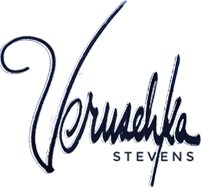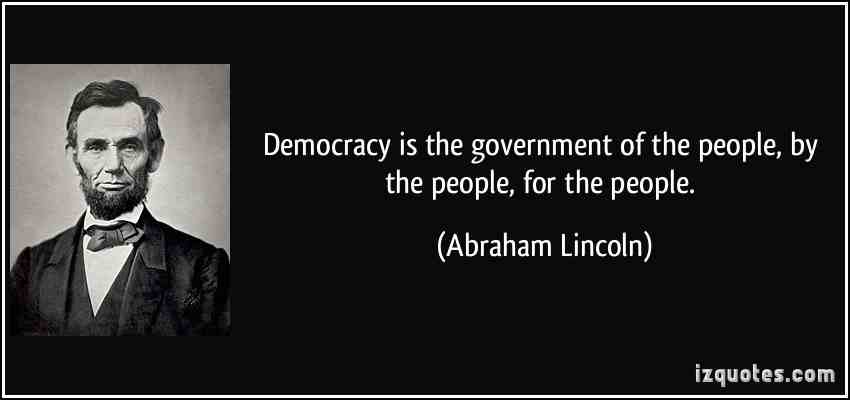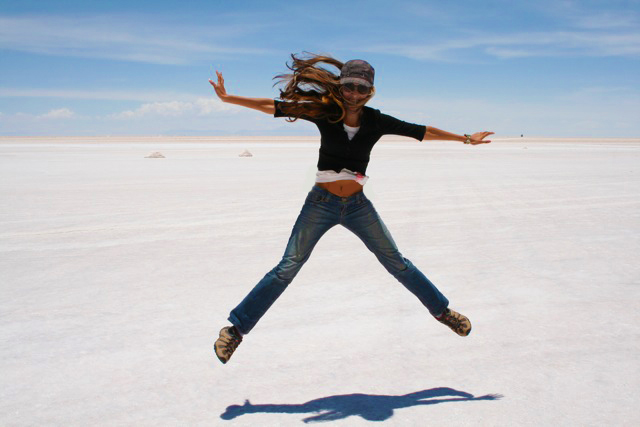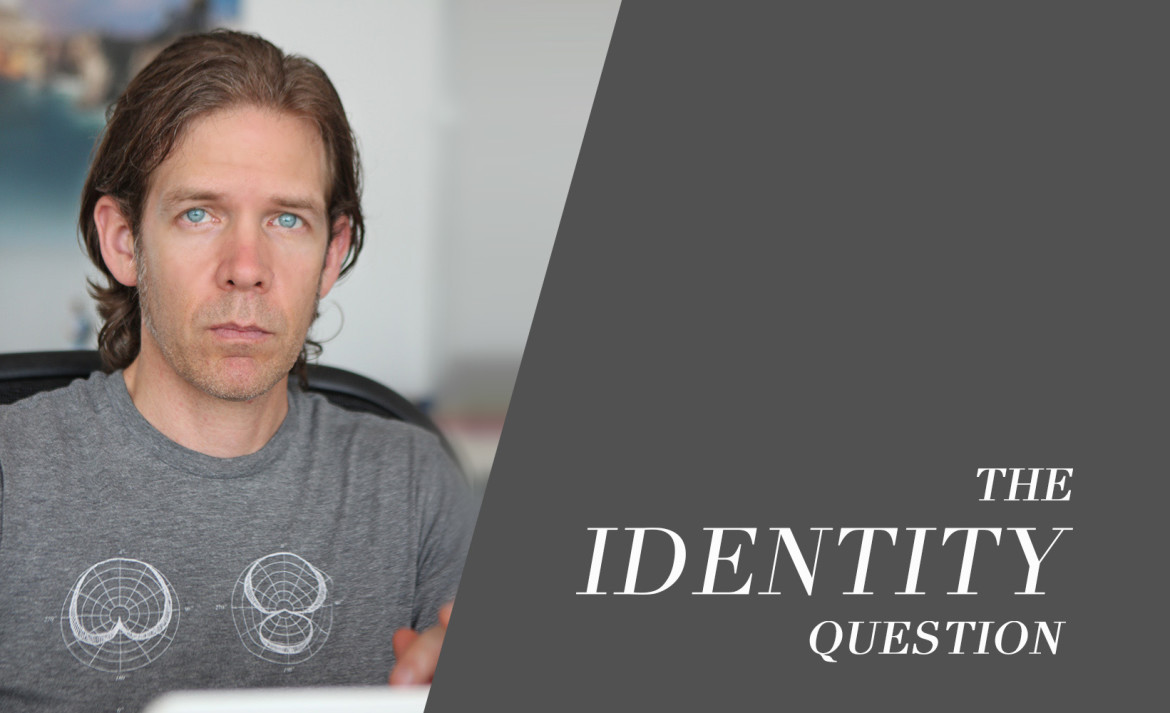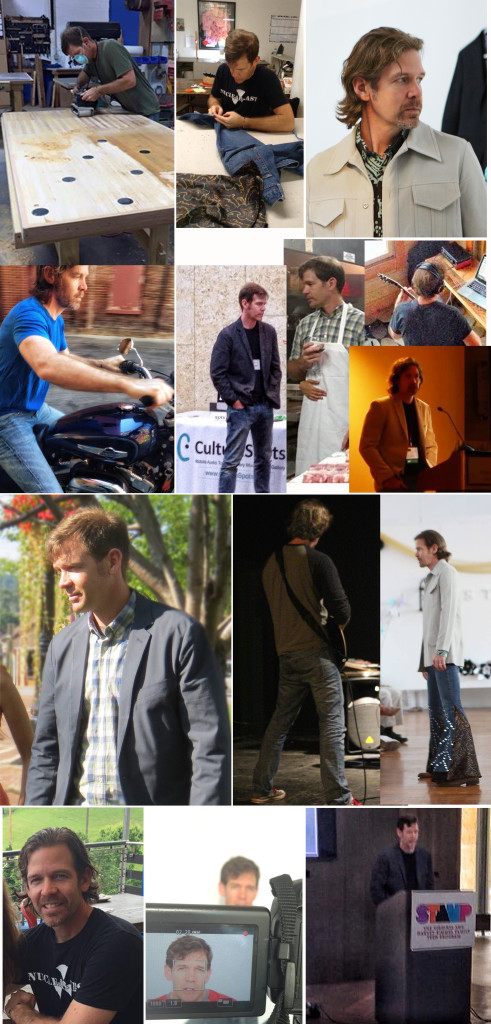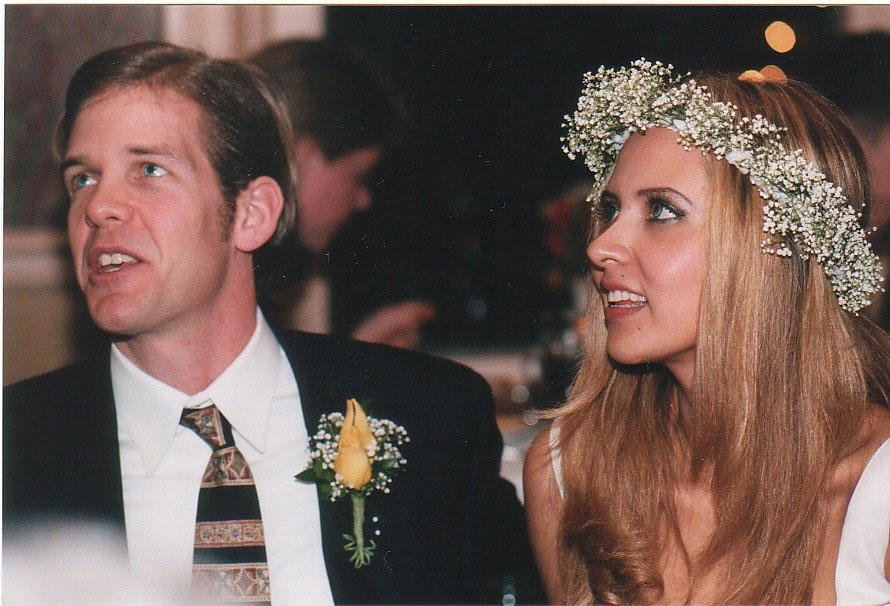America has been wonderful to me.
As an immigrant, I have nothing but love and appreciation for my adopted home country. The love of my life was born here, and my new extended family and friends are made of all the good stuff that America is known for.
With so much to be thankful for, it’s hard to talk about a subject that is so near and dear to this country: Democracy.
Democracy and capitalism are at the core of America’s identity. Not just as a nation but as an ideal. Many wars have been fought (and continue to be fought) to make this ideal prevail in the world.
So yes, discussing, or worse even, questioning Democracy and Capitalism in any way is a sensitive subject to touch on.
But with so many systemic issues (poverty, healthcare, inequality, racism, immigration, etc, etc), one has to wonder how is that democratic capitalism as-is hasn’t brought the equilibrium it promises in America?
Maybe because nothing is ever done. Meaning, nothing (no idea, no system, no model) is ever complete and as good as it can be. Un much less “perfect”. Everything, absolutely everything is always in the process of becoming. Even democratic capitalism.
Why?
Because nothing is static. Something that works perfectly one moment under very specific circumstances, won’t work the same way when those circumstances change. And all we know is that circumstances change. All. The. Time. It’s life!
So, if circumstances change, shouldn’t our political models evolve too?
Let’s forget about the capitalism part: Shouldn’t democracy in itself be upgraded in its definition and principles to reflect those changes?
I’ve been thinking about this for a while, because my birth-country (Bolivia, South America) happens to be in the list of nations around the world, whose governments have become authoritarian/totalitarian regimes through the assistance of democracy.
How can this be? How can democracy lead to the election of a totalitarian and abusive regime? How is it possible that “the people” would ever want to elect a leader and a group of people who have a track record of crime, corruption and a history of deception?
Looking at the footprints of the regimes that came into being exactly this way (Venezuela’s most recent case with Hugo Chavez comes to mind), it’s easy to see the common denominators in the societies where this happened:
- Enormous social and economical inequality.
- High/growing poverty rates.
- Declining education.
- Racism.
- Poor healthcare.
Sounds familiar?
In other words, a population whose basic needs are at risk, with limited or poor education will simply not be at its best when making a choice about the kind of leadership they want to see in place. Because, as science and experience has taught us all, anytime we make a decision from a place of fear, frustration or anger, it’s probably not going to be a good one. Just ask the most successful CEO’s of the world. They understand this principle very well.
A fearful and angry population won’t decide based on facts, but based on anything and anyone who can make them feel better. Regardless of it being a total lie.
A desperate population is an easy target for manipulation under the label of democracy.
Therefore, democracy as-is might not fulfill the purpose for which it was conceived under these societal unbalances. Can we begin acknowledging that without being called a communist/socialist or a traitor?
I don’t know what the solution is, but I do know that solutions begin to emerge when we make it OK to ponder the problem. When we make it ok to talk about it, to acknowledge it openly, to discuss it, without fearing consequences.
Yours always,
